Dehydration is a condition that results from losing more fluids than you are taking in. It can occur for various reasons and take more or less serious forms.
Some individuals such as children, the elderly, athletes or people who work outdoors or live at high altitudes are more at risk of dehydration than others. But various factors such as fever, vomiting, diarrhea, intake of some medications such as diuretics which can cause excessive urination, sweating from overexertion such as exercise, overheating.
To prevent dehydration, be sure to drink enough water, eat water-rich foods, and keep an eye on the color of your urine, which should normally range from light yellow, such as lemonade, to pale amber. Darker urine is a sign of dehydration.
Especially if you are prone to this phenomenon, avoid alcohol, caffeine, fizzy drinks or sugary drinks because they can dehydrate you even more.
Since thirst is a delayed sign, make sure you stay hydrated as much as possible throughout the day, especially if you are over-exerting or being subjected to heat sources.
If dehydration reaches extreme levels, consult a doctor immediately, but if not, to avoid more serious epilogues and stop the emergency in the bud, you can take some foods or drinks particularly suitable to combat it.
lost.Electrolytes are minerals that the body needs to perform important functions such as the correct balance of fluids and the maintenance of a regular heart rhythm. The most common electrolytes are sodium, calcium, magnesium and potassium.
Coconut water is great to drink when dehydrated because, in addition to quenching your thirst, it provides electrolytes and some important carbohydrates.
One cup of unsweetened coconut water, equal to 237 ml, contains 9% of the daily value of potassium and has 45 calories.
Additionally, a small study found that coconut water replenished fluids lost during exercise as efficiently as sports drinks. However, there is a contraindication. If you have a particularly weak stomach, coconut water can cause a slight bloating sensation.
.In addition, meat broth and other soups with animal proteins also provide collagen, which is great for strengthening joints and useful in case dehydration is due to overexertion.
A 237ml cup of meat broth contains these electrolytes:
- Phosphorus: 6% of the daily requirement (DV),
- Potassium: 9% of the DV,
- Sodium: 21% of the DV.
A 152-gram serving of diced watermelon contains almost 92% water, while melon about 90% of the same weight.
is a raw tomato and vegetable soup popular especially in Spain and Portugal but widespread everywhere, especially in the summer months.
Its main ingredient, tomato, tops the list of moisturizing foods as, in addition to their 94% water content, they provide 9% of the daily potassium requirement.
To prepare the gazpacho, blend the raw tomatoes with fresh cucumbers, a small piece of sweet pepper, olive oil, garlic, onion and a pinch of salt and pepper.
or flavoring powders.If the dehydration is due to fever or constipation, the best option is to drink a vitamin C rich smoothie.
To make the smoothie even colder and increase the feeling of well-being, you can add some ice cubes.
and it is therefore a good option to rehydrate, especially if the dehydration is due to overexertion, heat or poor appetite.
An experiment conducted on 72 adult men revealed that both whole and skim milk are more hydrating than water 3-4 hours after consumption. This is because the additional nutrients in milk, such as lactose, sodium and potassium, help. the body to slow down the rate of absorption of liquids and the rate at which they are eliminated in the urine.
See other articles tag Dehydration

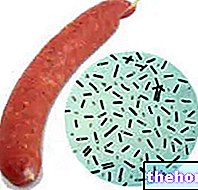
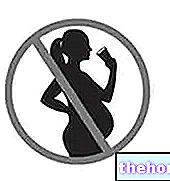
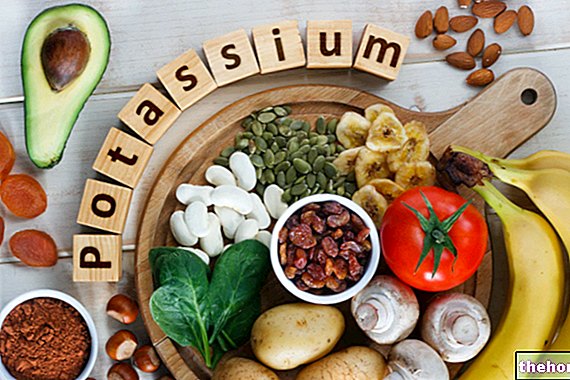
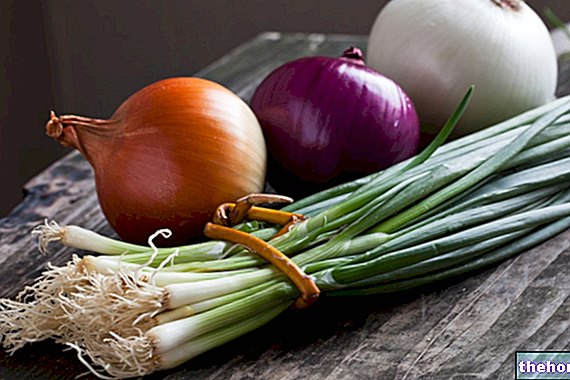
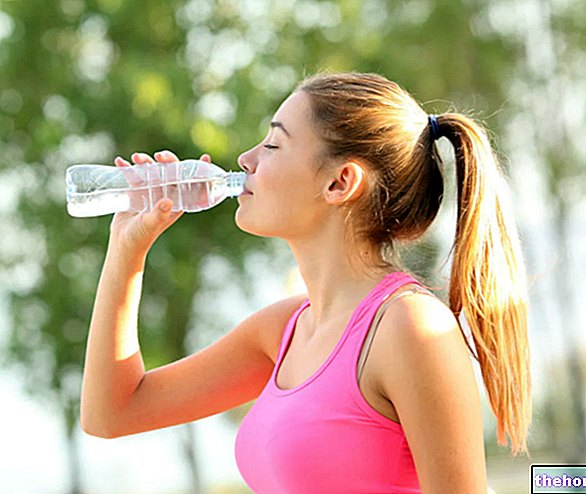
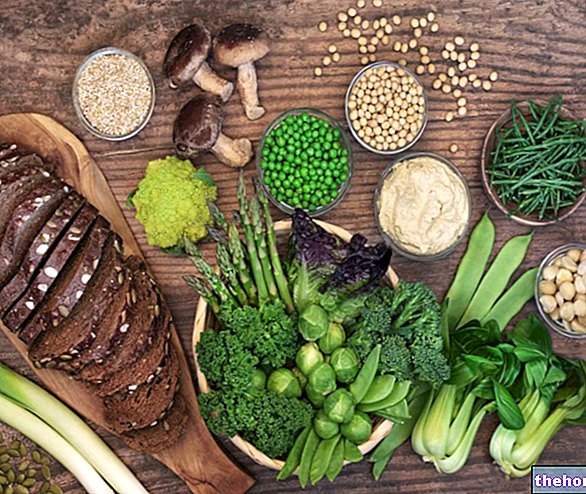


.jpg)


















